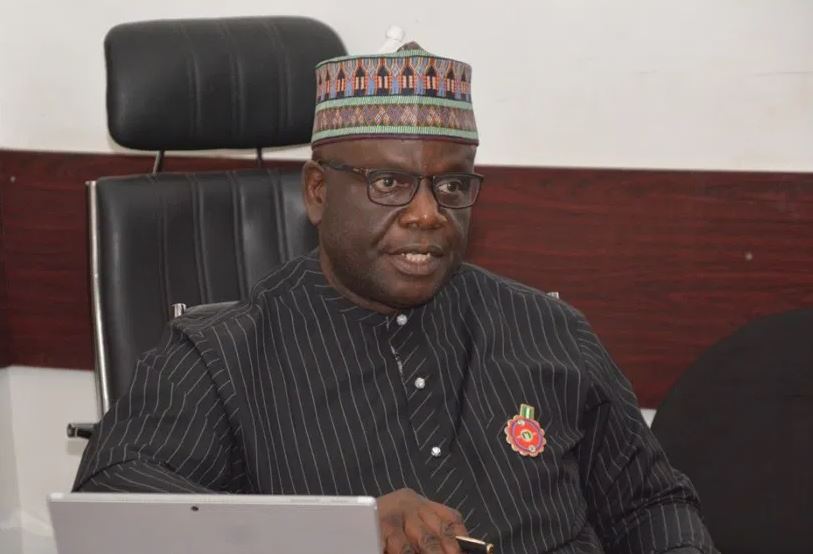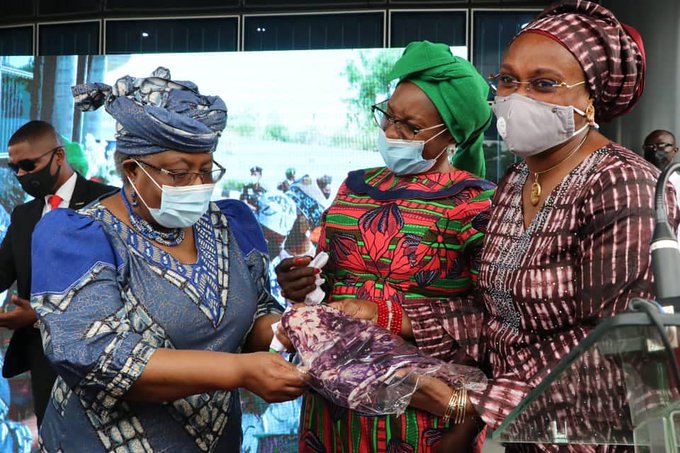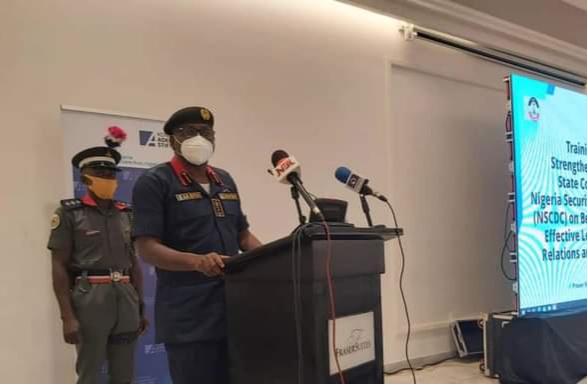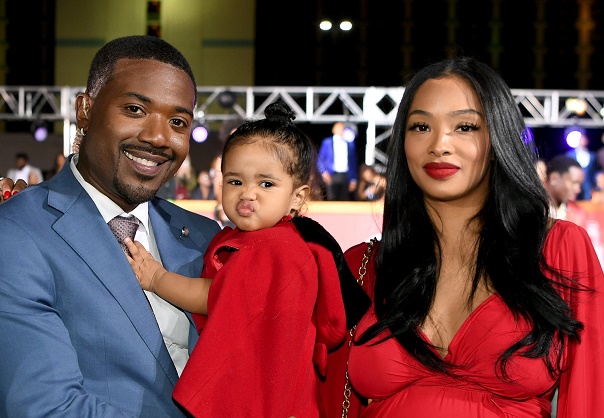The families of the six traders killed by officers of the Nigerian police force are seeking a review of the monetary compensation paid to them.
On Wednesday, their case was heard at the Abuja judicial panel established to probe brutality and human rights abuses of the disbanded special anti-robbery squad (SARS).
Amobi Nzelu, counsel representing the petitioners, told the court that the panel of inquiry set up by ex-President Olusegun Obasanjo’s administration to unravel the incident had awarded N3 million compensation in favour of each of the victims.
Nzelu admitted that the federal government paid the N3million compensation and exhumed the corpses for proper burial, but noted that the N500,000 which was awarded as burial cost was never paid to the bereaved families.
Advertisement
He told the panel that the families are now seeking N200 million compensation.
“My appeal to this panel is for you to have a look at that compensation. We are seeking N200 million to be paid to each of the families as compensation for the pains the death of their loved ones must have cost them,” he said.
Responding, James Idachaba, police counsel, said the petitioners have no case.
Advertisement
“The counsel has already told this panel that the money recommended by the panel was paid to the families,” Idachaba said.
“Now he is saying the money was not sufficient. I may not know whether this panel is an appeal for the previous panel.
“Does this panel have the jurisdiction to now review the report of the panel set up specifically for that issue which also made a recommendation?
“I will submit that this petition is nothing but an attempt to raise sentiments which lack merit.
Advertisement
On the issue of N500,000 burial expenses, Idachaba said the plaintiffs’ counsel has failed to show proof that the money was not paid to the families.
THE APO SIX KILLINGS
On June 7, 2005, Ifeanyi Ozor, Chinedu Meniru, Augustina Arebu, Anthony Nwokike, Paulinus Ogbonna and Ekene Isaac Mgbe were driving home from a nightclub when they encountered a team of policemen on patrol at Garki junction in Abuja.
Earlier at the club, Danjuma Ibrahim, then deputy commissioner of police, was said to have made advances at one of them, Augustina Arebu, which she “rudely” turned down.
Advertisement
Ibrahim then allegedly left the club and reported to the policemen at a checkpoint on Gimbiya street, by Ahmadu Bello Way, Apo, that he had sighted a gang of armed robbers.
When the victims arrived at the checkpoint, the policemen opened fire on their Peugeot saloon and four of them died on the spot — allegedly on the orders of Ibrahim.
Advertisement
The last two victims were allegedly killed in the morning.
The victims were buried in two shallow graves in Utako, Abuja.
Advertisement
TRIAL AND CONVICTION
Following a public outcry, a judicial panel of inquiry was set up by Obasanjo.
Advertisement
The panel indicted six police officers — Danjuma Ibrahim, Othman Abdulsalami (at large till date), Nicholas Zakaria, Ezekiel Acheneje, Baba Emmanuel and Sadiq Salami.
Subsequently, the accused were arraigned on a nine-count charge of conspiracy and culpable homicide, which contravene the provisions of sections 97 and 221 (a) of the penal code law.
Five policemen accused of the killings and eight other police witnesses had testified that Ibrahim, the senior police officer among them, ordered the killings.
However, in the judgment delivered on March 9, 2017 — twelve years after the incident — Ishaq Bello, the presiding judge, held that there were contradictions in witness testimonies and the fact that Ibrahim’s fingerprint was not taken after arrest made it impossible to establish his culpability.
Bello sentenced two policemen, Ezekiel Acheneje and Baba Emmanuel, to death, while three others were discharged.
No one was convicted for the death of the first four victims.
After being controversially acquitted in 2017, Ibrahim was reinstated and promoted to commissioner of police, with his salary arrears between 2005 and 2017 paid.
ISSUE OF APPEAL
Speaking to journalists at the end of the panel hearing on Wednesday, Nzelu, counsel to the petitioners, said the families of the victims are still aggrieved over the judgment of the high court.
He however stated that the families have no right to go on appeal since the office of the attorney-general of the federation was the prosecutor in the matter.
“When it was time to give fiat to prosecute the officers, the then attorney-general never gave me a fiat. He gave it to two senior advocates to handle the matter,” he said.
“When they finished at the high court level, government did not instruct them to go to the court of appeal.
“It is not my duty or the duty of my clients to go to the court of appeal. It is the instruction authority that would ask the lawyers to appeal against the judgment.”
Add a comment






